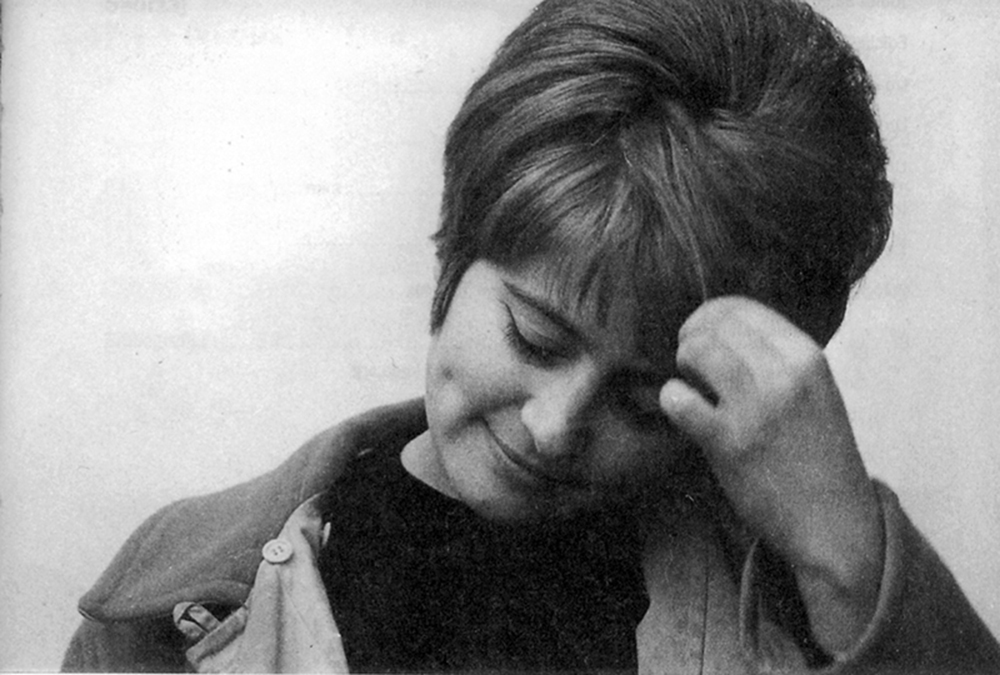
Dear Citizens,
Residents of Ferenc Fehér Street,
We are very disturbed by the effort to get rid, at any cost, of the name of the important poet and translator Ferenc Fehér, because his name means nothing to you – nothing, perhaps, that you are prepared to acknowledge. First and foremost, Ferenc Fehér lived in Novi Sad, and he was a citizen of the Socialist Federal Republic of Yugoslavia and Serbia, and his work alone was a contribution to life in this city, which one might think could be a worthy enough criterion in the matter of naming streets.
The signatories of the petition to change the name of the street (and small square), which of late bears the name of F.F. should, if they indeed believe they represent the interest of Serbdom, keep in mind the fact that Ferenc Fehér, as an exceptionally industrious and successful translator of Serbian poetry, probably did for Serbian literature, and thus for Serbian culture as a whole, incomparably more than those who experience their national identity only as the trashing, the elimination of everything they consider alien. Every culture, including the Serbian, every national interest, including the Serbian, is constructed, dear citizens, from a multiplicity of heterogenous and diverse assets which, over a long period of time – not overnight and not in one day – are furnished by many minds, many creators, of varied background and experience. The culture of one people, and that people itself, grows and develops like a tree; it nourishes itself on the soil and the air. Without light and oxygen a tree dries out, ends up as a log or a staff. Many people brandished this cudgel over the course of history, and their peoples are ashamed of them today; those cudgels, half a century ago, wrote the messages “Death to Serbs, Jews, and Gypsies”; with those blackjacks their windows, storefronts, and their heads were shattered; with that truncheon they are still cracking today the heads of unfortunate people around us and ever closer to us.
Gathered here for a conversation about a great writer and translator, Danilo Kiš, who left us too early, precisely because he was exposed to daily harassment, we cannot but appeal for a halt to the chicanery with the name of Ferenc Fehér; our very souls are on this account deeply unsettled. We ask you once more to recognize that a nation is richer to the degree it is prepared to accept “foreign” contributions, after adaptation to its liking, and that every brand of xenophobia, fear of the unfamiliar other, leads to an effort at negation, bringing war and misfortune. We call upon you not to denigrate, with this gesture, our fellow citizens of different affiliations, with different names; or their culture, their language and creative work, the spirit of culture and creativity of us all.
Keep your signatures for something wiser and more noble, as Ferenc Fehér did, signing his numerous books of poetry and translation.
With our regards.
2 Dear colleagues,
I am reluctant to make use of this occasion and the name of Danilo Kiš, but I must invoke him.
The distress is great.
The inhabitants of Ferenc Fehér Street are requesting of the relevant authorities that the name of the street (or square) be changed. They claim that the Ferenc Fehér in question is unknown to them, and some individuals among them have stated that they don’t want their street to be named after a Hungarian. One citizen supposedly said that he couldn’t look his own son in the eye, because in the country of Serbia he lives on Ferenc Fehér Street.
Ferenc Fehér was an innovative and significant lyricist, an authentic poet, loved and respected, which, for those of us gathered here around poems, translations, and adaptations, is all the more consequential. Ferenc Fehér left behind an exceptionally rich body of translated work. I am certain that Danilo Kiš would take up the defense of this colleague of his, and of the integrity of the work and memory that he bequeathed. Perhaps even more directly and fiercely than we would be able to do with an ordinary letter addressed to the tenants of Fehér Street.
Translated by John K. Cox (History, North Dakota State University, USA) on April 2021. Source text: “Trg Ferenca Fehera” in Judita Šalgo, Jednokratni eseji, ed. Vasa Pavković, (Beograd: Stubovi kulture, 2000), pp. 144-147. Judita Šalgo (1941-1996) was a pioneering poet who also wrote remarkable short stories, novels, and essays. An English-language translation of her major work of fiction, Put u Birobidžan, will appear this autumn in Cox’s translation as The Road to Birobidzhan (CEEOL Press, Frankfurt).
Peščanik.net, 24.04.2021.


